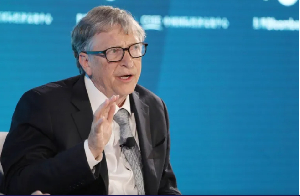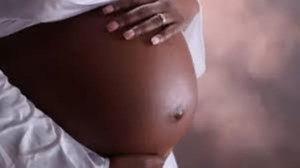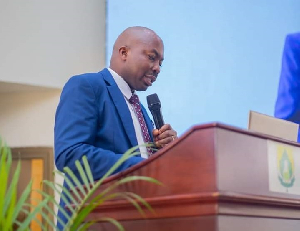Stakeholders in water and sanitation in the Central Region have called for a national crusade to effect a drastic change in behaviour and attitude towards waste and sanitation issues.
They said such a crusade should include advocacy at the highest level of government involving effective implementation of policies; rigorous sanitation and hygiene education; and enforcement management.
They also urged district assemblies to be committed in disposing waste at regular periods to avoid outbreak of diseases like cholera, malaria, and diarrhea in the Region.
The participants mentioned effects of unclean water as including cyanobacterial toxins or skin irritations, stomach cramps, sore throat, headache, eye irritation, and death
Speaking at a workshop in Swedru, attended by stakeholders made up of representatives of NGOs, local assemblies, Mr Francis Adarkwa, Assistant District Environmental Officer in the Gomoa East District, said the bigger issue was the final disposal site for rubbish in the area.
He said the timely lifting of refuse was a major concern to the district, which was making frantic efforts at locating more sites for dumping of rubbish.
He said the main site in Afransie where the district dumped it waste had been encroached upon by people who had started complaining about the dumping site, thereby making it necessary to relocate it to another site.
The district was, therefore, exploring two sites at Ewutu Senya East and Buduburam near Kasoa to dump its waste, he said.
Mr Adarkwah said as part of measures being put in place to resolve the issue, more refuse containers were being arranged for the communities for proper collection of waste.
The workshop, which falls under a project being sponsored by UNICEF with the support of the Netherlands Government and the Water Resources Commission (WRC), is to help find ways to accelerate water and sanitation coverage to meet MDGs goal 7 on water and sanitation.
The project, being carried out in five regions: Central, Volta, Northern, Upper East and Upper West Regions, would ensure that more than 500,000 people get access to safe water and improved sanitation.
Mr John Eric Kwofie, Regional Production Manager of the Ghana Water Company (GWCL) said inadequate power supply was affecting water supply to the people, and appealed to the government to solve the electricity problem early to help improve supply of water.
He said structurally weak pipelines, especially those installed in Cape Coast from 1928, pipelines laid in the middle of the road, and low pressure zones in hilly areas, were other challenges against water supply.
Mr Kwofie said most of the assemblies owed the GWCL more than GH¢ 26 million in water bills as at September 2014, and appealed to them to pay up or face disconnection by 2015.
Mr Eric Amanoo, representative of the Centre for Environmental Impact Assessment, said there was the need to reorient the minds of people to work to protect water resources, complaining that, mining activities were having a toll on water sources in the region.
He said the lack of stringent laws to protect water bodies was also a factor affecting access and water.
He called for building of more reserviours to reserve water during raining seasons and also the harvesting of water,
Other stakeholders complained about people developing structures on water courses, dumping refuse in waters sources, pollution of water bodies by plastic waste and pesticides, and called for public education and awareness creation on the need to protect water sources.
Mr Frank Annor, Lecturer at the Civil Engineering Department of the Kwame Nkrumah University of Science and Technology (KNUST), Kumasi, said the workshop was serving as a knowledge sharing platform that would help identify measures being used to address water and sanitation issues and for designing extra measures needed to address any of the issues.
Regional News of Sunday, 23 November 2014
Source: GNA












